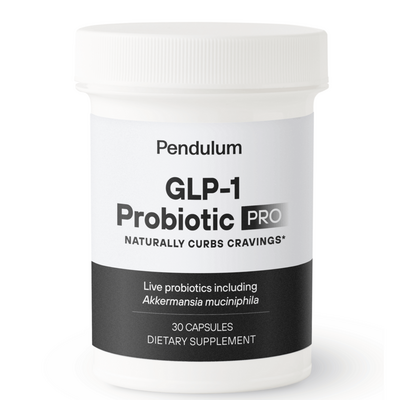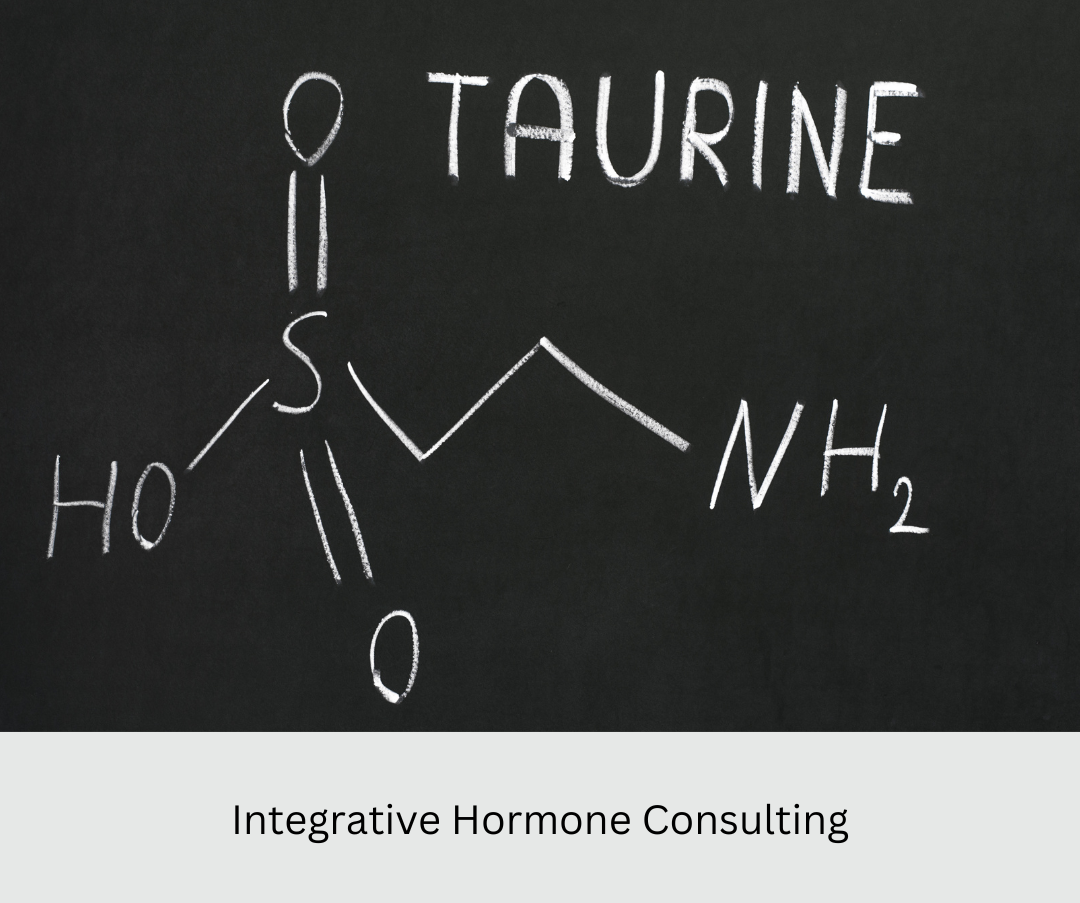 The easy, relaxed lifestyle experienced by our ancestors no longer exists, and we’re not even aware of how much stress we’re under. The problem? “Our lifestyles have changed, but our bodies haven’t.” The easy, relaxed lifestyle experienced by our ancestors no longer exists, and we’re not even aware of how much stress we’re under. The problem? “Our lifestyles have changed, but our bodies haven’t.”
The adrenal glands sit over the kidneys, where they play a significant role in the body, secreting more than 50 hormones necessary for life, including epinephrine (adrenaline), cortisol, dehydroepiandrosterone (DHEA), progesterone and testosterone. Since they produce so many essential hormones, the adrenal glands are responsible for many of the functions we need to stay alive and healthy, including:
One hormone in particular, cortisol, is extremely important for keeping our body systems in balance, as well as protecting our cells. For example:
Symptoms of adrenal fatigue:
Causes of Adrenal Fatigue Excessive stress, an important cause of burnout, can be from many sources. Chemical toxicity and nutritional depletion are among the physical causes. Mental, emotional or spiritual stress may be a major factor. Financial, family or other stress may also contribute to burnout. Any excessive stress can deplete the adrenals, especially when weakened by poor nutrition. Nutritional Deficiencies are a common cause. When under stress, the need for nutrients is much greater. Carbohydrates, when excessive in the diet, stress the adrenals. Diets low in protein may also create deficiencies. Toxic metals and chemicals often play a large role in adrenal burnout. Everyone is exposed to thousands of chemicals in the air, the water and the food. Stimulants damage the adrenal glands. They whip the adrenals. Caffeine, sugar and alcohol are among the most common stimulants. Stimulant use, however, can also be a result of adrenal burnout. While stimulants can cause or contribute to adrenal weakness, some who use stimulants do so because they are in adrenal burnout already. Unhealthy responses to stress are another cause of adrenal burnout. These include habits of worrying, or becoming angry or afraid. Don’t worry, be happy is a great prescription for adrenal burnout. Diagnosing (And misdiagnosing) adrenal fatigue
To make matters worse, doctors often don’t diagnose this problem. In medical school, they are only taught to look for extreme adrenal malfunction (Addison’s disease, which occurs when the glands produce far too little cortisol, and Cushing’s syndrome, which stems from excessive cortisol production) and don’t know how to measure cumulative adrenal fatigue. Treatment of Adrenal Fatigue
“Optimal adrenal health is one of the major keys to the enjoyment of life,” according to Dr. Wilson. If you have adrenal fatigue, you can fully live life again by making the necessary lifestyle and dietary changes to treat your disorder. Treating adrenal fatigue is as easy as:
If you take your treatment plan seriously, you can expect your adrenal fatigue to heal in:
Testing
Saliva testing is shown to be the best form of adrenal testing. It is a simple test and will give you a cortisol pattern over an 18 hour period. Nutritional testing with SpectraCell labs is something I have been doing for 5-6 years. It has given me one of my best tools for treating chronic fatigue. |








